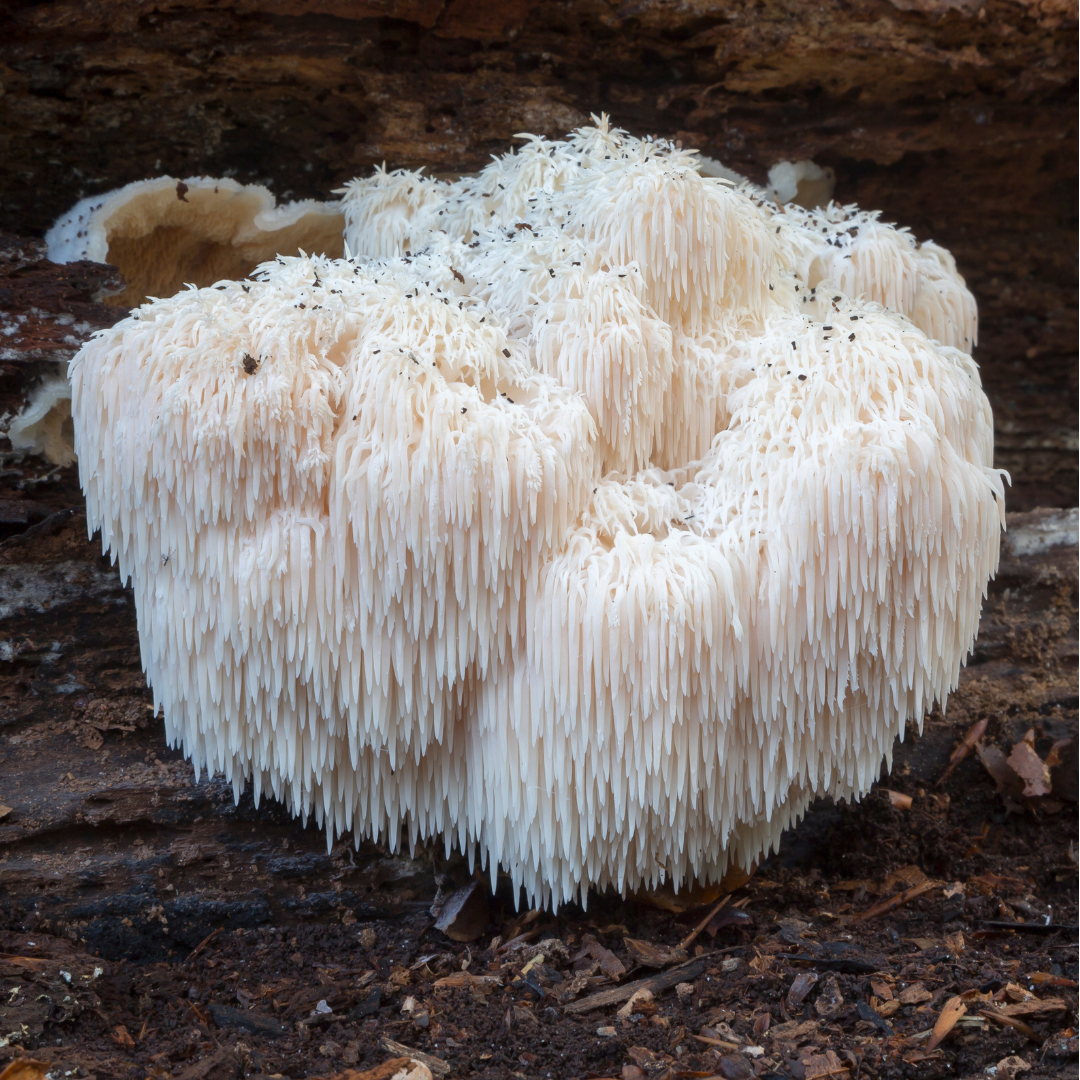
Read time: 2 min
The intersection of psychedelic mushrooms and mental health has become a focal point of scientific inquiry, challenging conventional perspectives and offering potential breakthroughs in understanding and treating various mental health conditions.
This blog post delves into the research surrounding psychedelic mushrooms, exploring their impact on mental health and the evolving landscape of psychedelic-assisted therapy.
The Historical Context of Psychedelic Mushrooms
Psychedelic mushrooms, also known as psilocybin mushrooms, have been used for centuries in various cultures for spiritual, religious, and therapeutic purposes. A study in the Journal of Psychopharmacology suggests that indigenous societies have utilized these mushrooms for their psychoactive properties, leading to altered states of consciousness and profound spiritual experiences.
Psilocybin and the Brain
Research in the journal Neuropharmacology indicates that psilocybin, the psychoactive compound in psychedelic mushrooms, primarily affects serotonin receptors in the brain. Serotonin is a neurotransmitter associated with mood regulation, and the modulation of these receptors may explain the profound alterations in perception, mood, and cognition experienced during a psychedelic trip.
Psychedelic-Assisted Therapy for Mental Health
Recent clinical trials have explored the therapeutic potential of psychedelic-assisted therapy, demonstrating promising results for mental health conditions. Studies in JAMA Psychiatry and The Lancet Psychiatry suggest that psilocybin-assisted therapy may be effective in treating conditions such as depression, anxiety, and post-traumatic stress disorder (PTSD).
Neuroplasticity and Healing
Research in the journal Frontiers in Pharmacology highlights the role of psychedelic substances, including psilocybin, in promoting neuroplasticity—the brain's ability to reorganize itself and form new neural connections. This phenomenon may underlie the therapeutic effects observed in psychedelic-assisted therapy, fostering a sense of personal insight, emotional release, and cognitive restructuring.
Safety and Therapeutic Guidelines
Studies, such as those published in the Journal of Psychopharmacology and Drug and Alcohol Dependence, emphasize the importance of safety protocols and therapeutic guidelines in the administration of psychedelic substances. Ensuring a controlled and supportive environment is crucial for minimizing potential risks and maximizing therapeutic benefits during psychedelic-assisted therapy sessions.
Microdosing and Mental Well-Being
Microdosing, the practice of consuming sub-perceptual doses of psychedelic substances, has gained popularity for its purported mental health benefits. Research in the journal Psychopharmacology suggests that microdosing psilocybin may lead to improvements in mood, creativity, and overall well-being. However, the long-term effects and safety of microdosing are areas that require further investigation.
Conclusion:
The exploration of psychedelic mushrooms and their impact on mental health represents a paradigm shift in psychiatric research and treatment. From the historic use of these substances to contemporary clinical trials demonstrating their therapeutic potential, psychedelic mushrooms are opening new avenues for understanding and addressing mental health conditions.
As research continues, the cautious integration of psychedelic-assisted therapy into mainstream mental health care holds the promise of offering novel and effective approaches to fostering psychological well-being.






